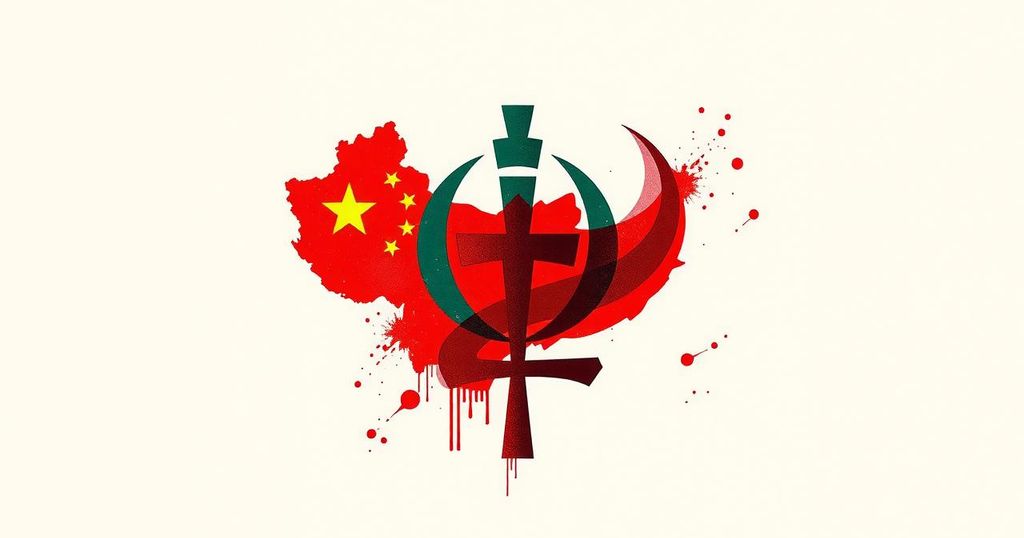U.S. Response May Intensify Amid Closer China-Iran Relations on Nuclear Issues

Experts warn that China’s enhanced relations with Iran could prompt a tougher U.S. response to nuclear negotiations. At a Beijing summit, China, Iran, and Russia reaffirmed non-proliferation and criticized external pressures. China’s Foreign Minister presented a five-point plan to uphold the JCPOA, contrasting with Iran’s rejection of U.S. bilateral talks initiated by Trump.
Recent developments have raised concerns regarding United States responses to strengthened China-Iran ties, particularly as it relates to the nuclear issue. Experts assert that China’s continued efforts to engage Iran and Russia in multilateral negotiations could invoke a more stringent response from Washington. At a recent meeting in Beijing, the leaders of these three nations reiterated their dedication to non-proliferation and jointly criticized external sanctions and military threats.
During this summit on March 14, Chinese Foreign Minister Wang Yi introduced a five-point proposal aimed at resolving the Iranian nuclear dilemma. This plan notably emphasizes adherence to the Joint Comprehensive Plan of Action (JCPOA), which saw the United States withdraw under the administration of former President Donald Trump. Tehran has responded positively to these discussions, displaying a clear divergence from Supreme Leader Ayatollah Ali Khamenei’s swift dismissal of proposed bilateral negotiations with the United States.
Khamenei notably expressed an unwillingness to be coerced into negotiations with the United States, particularly in light of Trump’s recent overtures to engage Iran regarding nuclear talks. Trump’s assertive stance included the suggestion that if Iran resisted negotiations, a military approach would be necessary, further emphasizing the rising tensions surrounding this critical issue.
In conclusion, the evolving relationship between China and Iran may impact U.S. diplomatic strategies concerning nuclear negotiations. As China positions itself as a mediator in the Middle East, its collaboration with Iran and Russia could provoke a more robust response from Washington. The complexities surrounding the nuclear agreement underscore the intricate balance of power within the region.
Original Source: www.scmp.com








